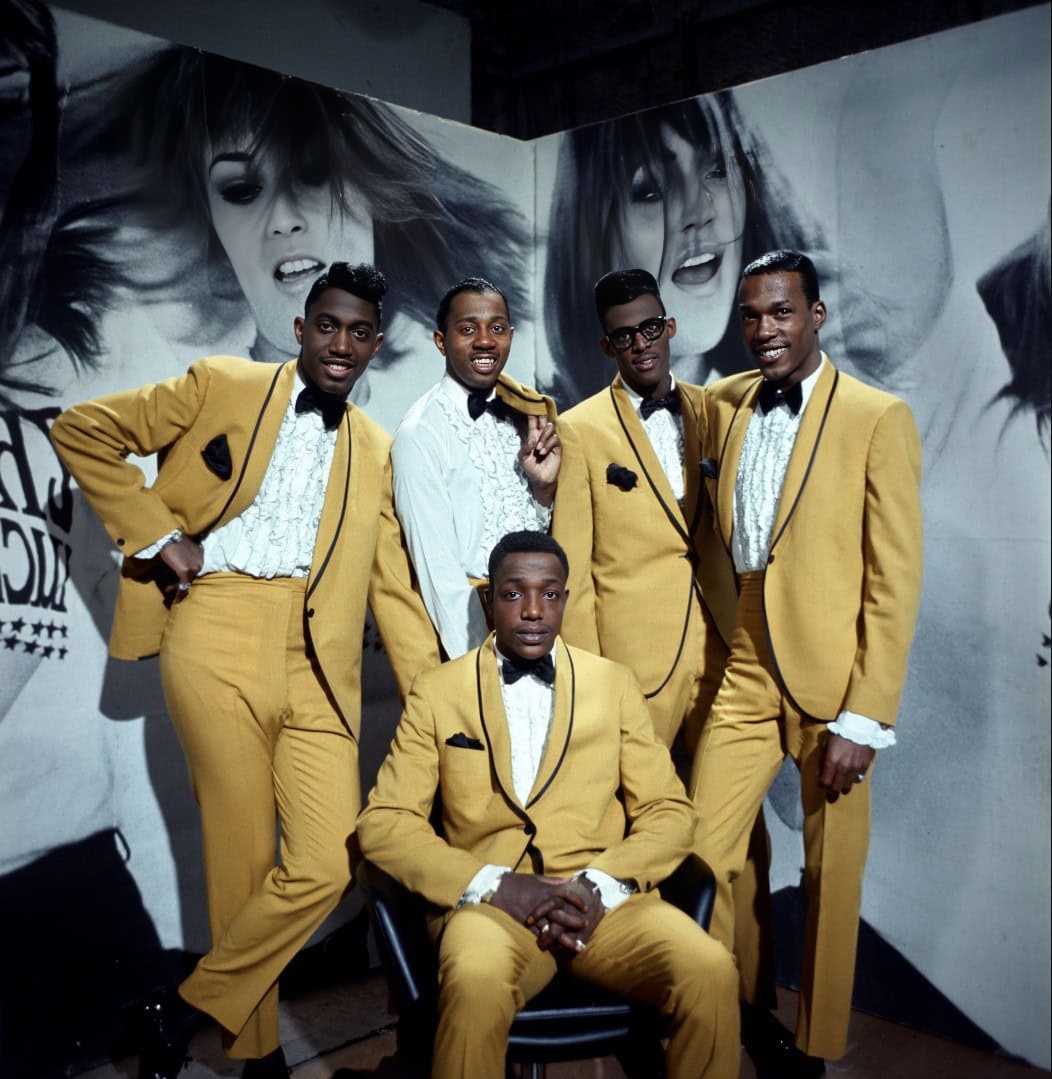
“I Wish It Would Rain,” released in late 1967, stands as a poignant testament to the enduring artistry of The Temptations. Emerging from Detroit, Michigan, this iconic Motown quintet had already cemented their place in music history with a string of chart-topping hits like “My Girl” and “Ain’t Too Proud to Beg.” Yet, “I Wish It Would Rain” unveiled a new dimension to their musicality, showcasing their ability to navigate complex emotions with vulnerability and grace.
The song, penned by Norman Whitfield, Barrett Strong, and Roger Penzabene, delves into the depths of heartbreak and despair. Lead singer David Ruffin’s raw, emotive vocals perfectly capture the narrator’s plea for a downpour to mask his tears after being abandoned by his lover. The lyrics paint a vivid picture of his inner turmoil, using the rain as a metaphor for his emotional release. The melancholic melody, underscored by the distinctive instrumentation including the prominent bass line and swirling strings, further amplifies the song’s sorrowful theme.
“I Wish It Would Rain” resonated deeply with audiences, reaching number one on Billboard’s R&B chart and number four on the Billboard Hot 100. Its success further solidified The Temptations’ status as one of the most popular and critically acclaimed groups of their era. Beyond its commercial success, the song garnered praise for its artistic merit, lauded for its sophisticated arrangement, powerful vocals, and relatable portrayal of heartbreak. This departure from their typical upbeat, dance-oriented tracks demonstrated their versatility and cemented their ability to connect with audiences on a deeper emotional level. The song continues to be celebrated as a classic example of soul music, a testament to the enduring power of The Temptations’ musical legacy. Critics and fans alike appreciate the rawness and vulnerability showcased in the track, solidifying its place as a timeless exploration of heartbreak and loss.